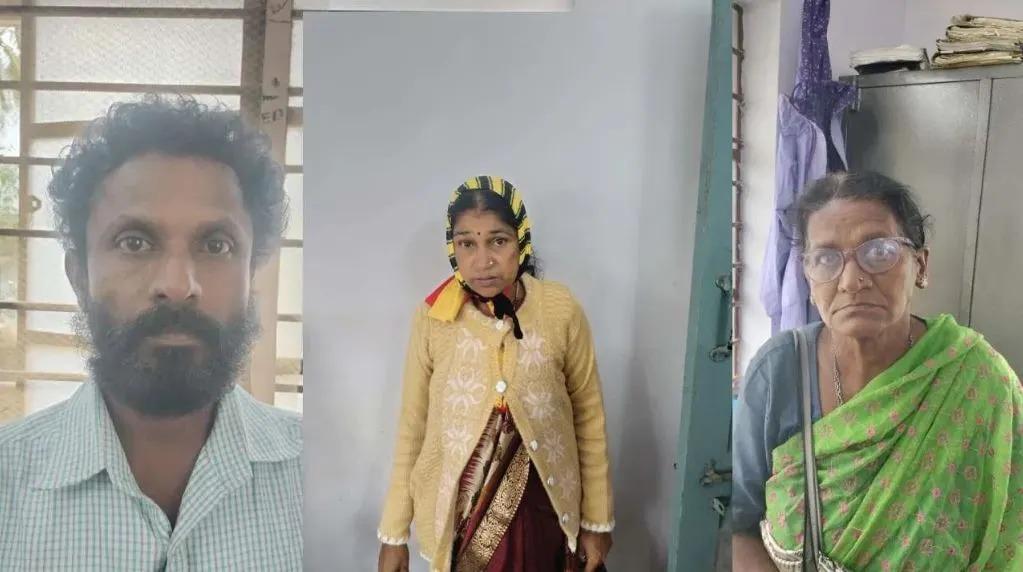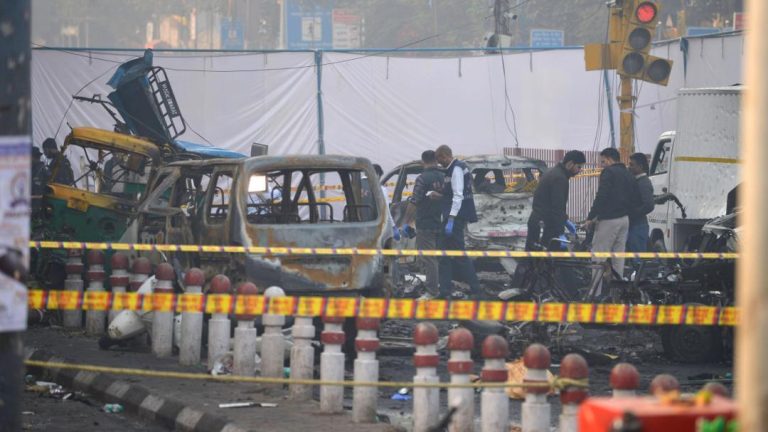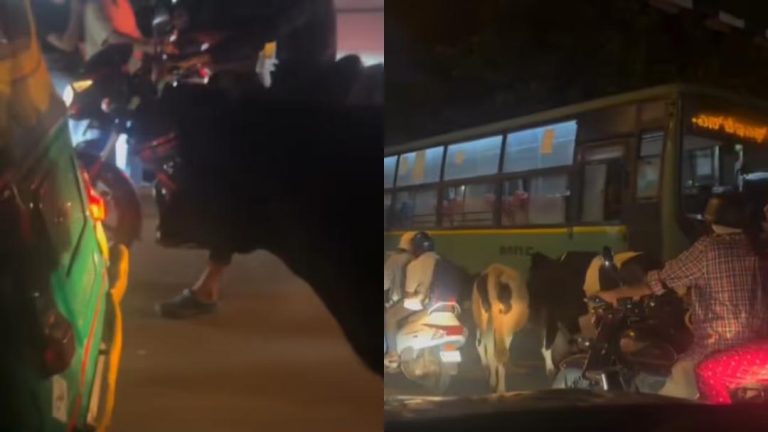
Newborn Baby Sold for ₹1 Lakh in Chikkamagaluru: A Disturbing Case of Human Trafficking
In a shocking and disturbing case, a newborn baby girl was sold for a whopping ₹1 lakh just two days after her birth in Chikkamagaluru district. The police have arrested a couple and a retired nurse for their involvement in this heinous crime. The incident highlights the disturbing trend of human trafficking and the need for stricter laws to protect vulnerable individuals, particularly women and children.
According to reports, the baby’s mother, Ratna, a resident of Konanagudda village, delivered the baby at Koppa Government Hospital on May 22. The hospital authorities claim that Ratna was a patient at the hospital for a few days before giving birth. After the delivery, Ratna was told that the baby was stillborn, and the hospital staff handed over the baby to the couple, identified as Manjunath and his wife, Kavitha.
However, an investigation by the police revealed that the couple had sold the baby to a retired nurse, identified as Sushma, for ₹1 lakh. The police were tipped off about the suspicious transaction, and they launched an investigation, which led to the arrest of the three individuals involved in the case.
The police investigation revealed that Sushma, who had no biological children of her own, had been looking to adopt a child for some time. She had approached several hospitals and orphanages, but was rejected due to her age and health issues. The couple, Manjunath and Kavitha, who were struggling to make ends meet, saw an opportunity to make some quick money and agreed to sell the baby to Sushma.
The police have recovered the baby and are taking care of her. The infant is currently being kept at a children’s home in Chikkamagaluru. The police have also launched a probe into the hospital’s role in the case and are investigating whether the hospital staff were involved in the conspiracy.
This case has sent shockwaves across the country, and people are demanding stricter laws to prevent such crimes. The government has promised to take action against the perpetrators and ensure that the baby is handed over to a suitable family.
A Growing Concern: Human Trafficking in India
The case of the newborn baby sold for ₹1 lakh in Chikkamagaluru is just the tip of the iceberg. Human trafficking is a growing concern in India, and the country is struggling to combat this menace. According to the National Crime Records Bureau (NCRB), there were over 20,000 cases of human trafficking reported in India in 2020 alone.
The majority of human trafficking cases in India involve women and children being forced into prostitution, forced labor, and organ trafficking. The victims come from all walks of life, including poor and marginalized communities, and are often lured with false promises of employment, education, or a better life.
The problem is further exacerbated by the lack of effective laws and enforcement mechanisms. The government has introduced several laws, including the Indian Anti-Trafficking Act, 2018, to combat human trafficking. However, the laws are often inadequate, and the enforcement is lax.
What Needs to be Done
The case of the newborn baby sold for ₹1 lakh in Chikkamagaluru is a stark reminder of the need for stricter laws and enforcement mechanisms to combat human trafficking. The government needs to take a holistic approach to address this issue, including:
- Strengthening laws: The government needs to strengthen the existing laws and introduce new ones to prevent human trafficking. The laws should be designed to punish the perpetrators and protect the victims.
- Improving enforcement: The government needs to improve the enforcement of the laws. This includes increasing the number of personnel dedicated to combating human trafficking and providing them with the necessary training and resources.
- Providing support to victims: The government needs to provide support to the victims of human trafficking. This includes providing shelter, counseling, and medical care to the victims and their families.
- Raising awareness: The government needs to raise awareness about human trafficking among the general public. This includes launching public awareness campaigns and providing education on the issue.
Conclusion
The case of the newborn baby sold for ₹1 lakh in Chikkamagaluru is a disturbing reminder of the need for stricter laws and enforcement mechanisms to combat human trafficking. The government needs to take a holistic approach to address this issue and provide support to the victims. The public also needs to be aware of the issue and report any suspicious activity to the authorities.
As the investigation into the case continues, it is clear that human trafficking is a complex issue that requires a comprehensive approach. The government, civil society, and the public need to work together to prevent such crimes and protect vulnerable individuals, particularly women and children.
Source:






